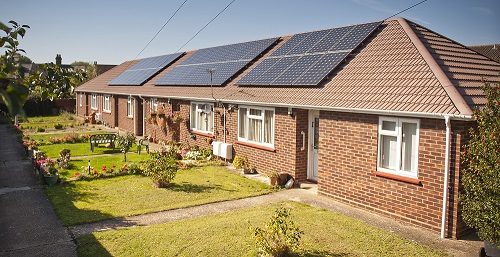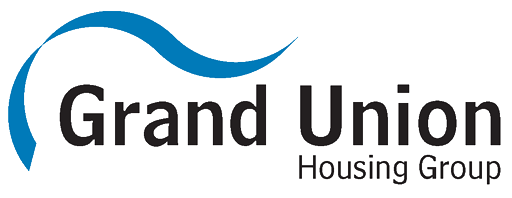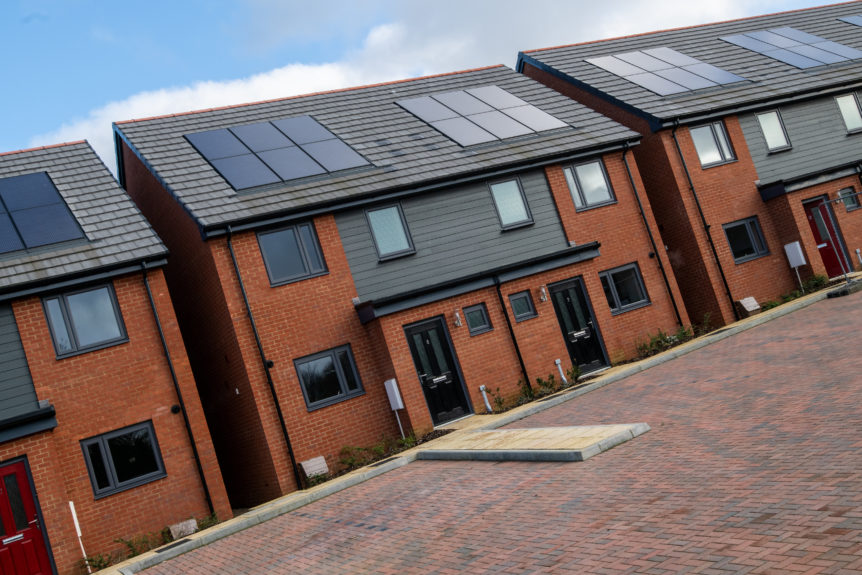By Phil Hardy, Executive Director of Operations
Earlier this year Grand Union adopted a new strategy to 2023, Further together, setting out how we’re going to build on the strength we achieved through coming together as a single organisation. It sets out our commitments for today and tomorrow, for our customers, for our partners, and for each other. Although we’re still working through some of our delivery plans, we know that our commitment for today and tomorrow means taking our responsibilities seriously, including our environmental responsibilities.
“…we were surprised – actually a little shocked – by what we found.“
We’d introduced fully agile working six months ahead of lockdown and have already reduced the number of offices we work from, making cost and carbon savings. But we’re aware that, like all housing associations, the biggest impact we have is through the full range of buildings we’re responsible for. So as part of our commitment to becoming a zero–carbon organisation, we’ve been looking at the estimated energy costs for our customers’ homes.
Our best source of data for this work was the costs calculated to support our Energy Performance Certificates (EPCs). This was available for just over 5,200 of our homes, although the number is increasing all the time. When we looked into how much our customers could expect to spend on energy, we were surprised – actually a little shocked – by what we found.
We’ve not gone in for ‘conversions’ at Grand Union, which means Affordable Rent properties are generally newer, and this showed up in the estimated fuel costs. On average, Affordable Rent customers could expect to pay £290 a year less than their neighbours in Social Rented homes. The £5.50 weekly saving on fuel could be seen as some mitigation of the average £25.90 extra rent.

When it came to our social rent properties, some of the differences were stark. The family in our least efficient three-bed property could have costs more than £2,000 a year higher than the family in our most efficient. The social rent formula doesn’t take any account of fuel costs. So although the family in the inefficient property does actually have a lower rent, they’re still worse off by about £25 a week. Obviously, this is the most extreme example, but the averages were still pretty shocking, with the average three-bed fuel costs estimated at almost £450 a year higher than the lowest.
So where does all this number crunching actually get us? For one thing it reminds us that rents are important, but they’re not the whole story when it comes to affordability. For several years now, we’ve been installing energy efficient air source heat pumps in rural properties that don’t have access to lower cost gas. We were already starting to plan how to tackle our low performing properties, and it’s clear that some of them won’t ever achieve a good standard of efficiency. It’s a significant challenge.
We estimate that our homes need investment of about £180m, to improve their performance. We have this hefty figure firmly in mind as we develop our sustainable rent strategy alongside our strategic asset management strategy; and of course deliver our development ambitions.
One thing is for certain: the time to act is now. More than anything the research into energy costs has highlighted the urgency of tackling our least efficient properties; for affordability today and environmental sustainability tomorrow. At Grand Union, we take both these responsibilities seriously.



